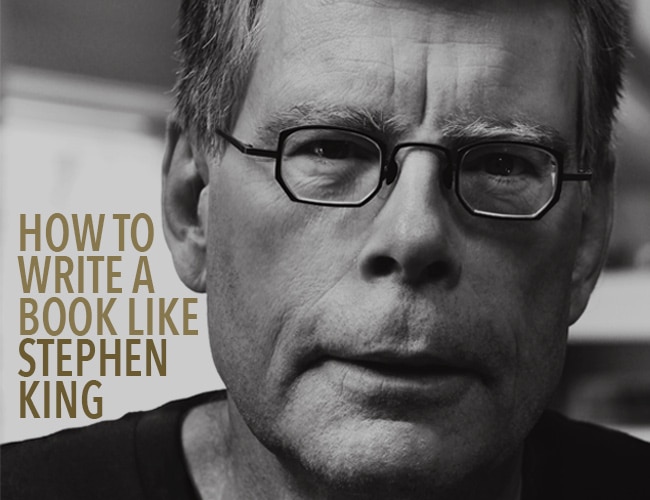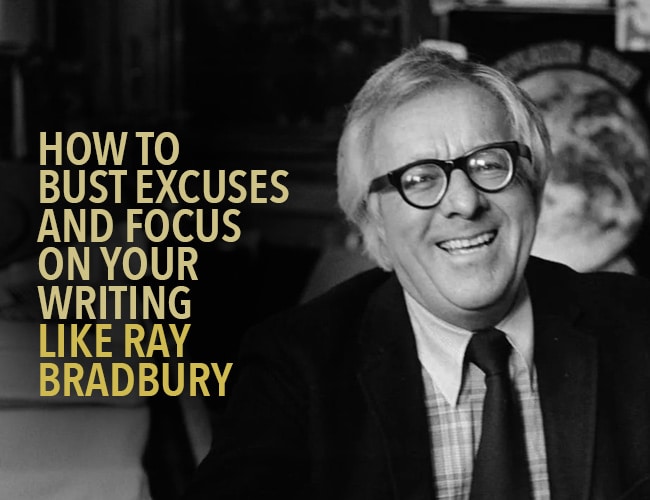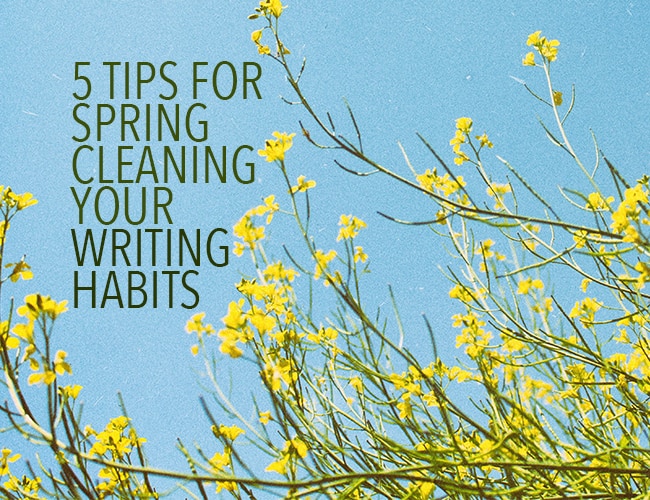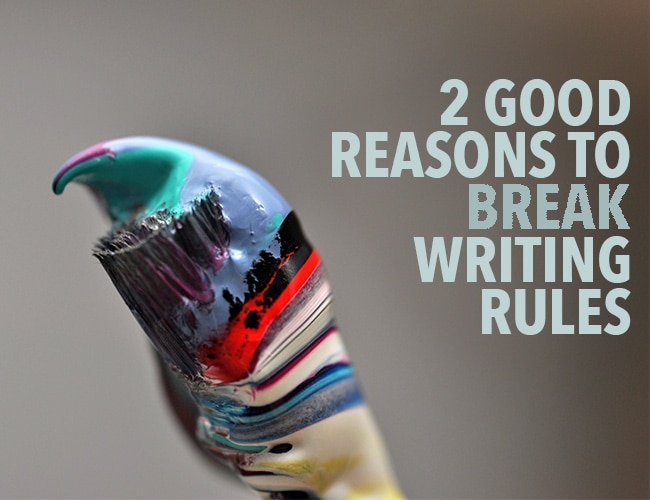
by Sarah Gribble |
Ever wondered how to write a book like Stephen King? He’s called the King for a reason, and it’s not just his last name. Stephen King has written in just about every genre imaginable, has sold over 350 million copies of his books, and has had work adapted to movies, miniseries, and comics.
Whether you’ve read him or not, you know who he is and I would be amazed if you haven’t experienced his work in some form or another.

by Sue Weems |
We’re on the verge of summer, and that means I’m attending graduations (including my oldest son’s). Whether you are attending one for a friend or family member or yourself, commencement ceremonies are a great place for inspiration and one other thing: cliché-hunting.
Clichés are overused phrases or metaphors that weaken our writing. As writers, we want to hunt down, drag out, and kill clichés in our writing. (I know, the killing metaphor is also probably cliché. I’m still working on it.) Here are some ideas for how to avoid clichés in our writing.

by Sue Weems |
Fill in the blank: I can’t finish my draft because _______. Are you sure that is what is holding you back?
This is one of the busiest months of the year for me. I’m usually disciplined, but there are some especially busy seasons when writing is hard to prioritize. As one of my classes began reading Fahrenheit 451 this month, I remembered a letter Ray Bradbury sent to a librarian about how he wrote the novel. It was just what I needed to get back to finishing my book.

by The Magic Violinist |
Spring is almost here, which means it’s almost time to spring clean. Spring cleaning isn’t only good for cluttered houses, but for cluttered minds, as well. As writers, it’s important to learn new skills so long as it’s not at the expense of polishing old ones. Spring is the perfect time to do take a look at your writing and do some review. Here are five things you can do to avoid falling into bad habits.

by Monica M. Clark |
I have a friend who is both a writer and a visual artist. One day she entered a painting contest and won third place! All of the award-winning entries were put on display. And then, during the exhibition, she overheard some people talking about her piece, unaware that she was the artist.
They said she hadn’t followed all the rules.
And I’d argue that’s actually a good thing, because sometimes, rules are made to be broken.

by Ruthanne Reid |
It’s good to study other writers’ rules, but in the end, those rules were not made for you—they were made for other writers. If you’re serious about being a writer, then you need to figure out your rules of writing and stick to them. This post will show you how.








